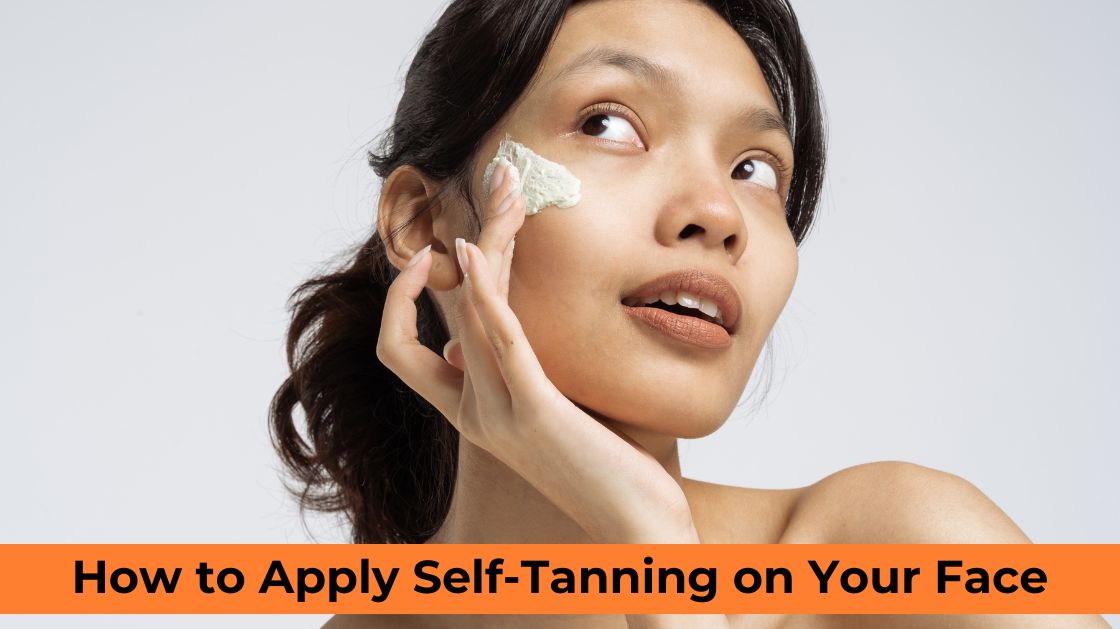When it comes to safeguarding our skin from the sun’s harmful rays, zinc oxide has emerged as a popular ingredient in sunscreen formulations. Renowned for its broad-spectrum protection and gentle nature, zinc oxide offers a reassuring shield against sunburn, premature aging, and skin cancer. However, amidst its array of benefits lies a nuanced landscape of considerations, including the “disadvantages of using zinc oxide in sunscreen”.
While this mineral-based ingredient holds promise in sun protection, it also presents certain drawbacks that warrant exploration. Let’s delve into the complexities surrounding zinc oxide in sunscreen formulations, uncovering its advantages, disadvantages, and implications for our skin and the environment.
What Are Zinc Oxide Sunscreens?
Zinc oxide sunscreens are formulations that contain zinc oxide as the primary active ingredient. They are designed to protect the skin from the harmful effects of ultraviolet (UV) radiation from the sun.
How Does It Work?
Zinc oxide works by forming a physical barrier on the skin that reflects and scatters UV radiation, preventing it from penetrating the skin and causing damage.
Disadvantages Of Using Zinc Oxide In Sunscreen
- Potential for skin irritation: Some individuals may experience irritation or allergic reactions to zinc oxide.
- White cast: Zinc oxide can leave a white residue on the skin, especially in higher concentrations.
- Environmental concerns: The production and disposal of zinc oxide sunscreen can have environmental implications.
- Inhalation risks: Nano-sized particles of zinc oxide in aerosol sunscreens may pose a risk if inhaled.

Advantages Of Using Zinc Oxide Sunscreen
- Broad-spectrum protection against UVA and UVB rays.
- Suitable for sensitive skin.
- Long-lasting protection.
- Gentle and non-irritating.
Risks of Using Zinc Oxide Sunscreen
- Skin Irritation: Some individuals may experience skin irritation or allergic reactions to zinc oxide, especially if they have sensitive skin or are allergic to other ingredients in the sunscreen.
- Inhalation Risks: Nano-sized particles of zinc oxide used in some sunscreens may pose a risk if inhaled, particularly in aerosol sunscreen products. Inhalation of these particles can potentially harm the lungs and respiratory system.
- Environmental Impact: While zinc oxide itself is not harmful to the environment, the production process and disposal of zinc oxide sunscreen can have environmental implications. Mining and processing of zinc ore, as well as the manufacturing and disposal of sunscreen products, can contribute to pollution and habitat destruction if not managed properly.
- Photodegradation: Zinc oxide can degrade when exposed to sunlight, reducing its effectiveness in providing UV protection over time. This degradation process can lead to the generation of free radicals and other reactive oxygen species, which may have negative effects on the skin.
- Potential for Nanoparticle Penetration: While zinc oxide particles used in sunscreens are generally considered too large to penetrate the skin, there is some concern that nano-sized particles may be absorbed into the skin and potentially into the bloodstream. More research is needed to fully understand the implications of nanoparticle penetration.
Things To Keep In Mind While Choosing Zinc Oxide Sunscreens
- Broad-Spectrum Protection: Look for a sunscreen that offers broad-spectrum protection against both UVA and UVB rays to protect your skin from sun damage.
- SPF Level: Choose a sunscreen with an SPF (Sun Protection Factor) of at least 30 for adequate protection. Higher SPF values offer more protection but do not provide linearly increased protection (e.g., SPF 30 blocks about 97% of UVB rays, while SPF 50 blocks about 98%).
- Skin Type and Sensitivities: Consider your skin type and any sensitivities you may have to other ingredients in the sunscreen. Zinc oxide is generally well-tolerated, making it suitable for sensitive skin types.
- Water Resistance: If you’re swimming or sweating, opt for a water-resistant sunscreen that will stay effective for a longer time.
- Formulation: Choose a formulation that suits your preferences, whether it’s a lotion, cream, gel, or spray. Keep in mind that sprays may pose inhalation risks, especially with nano-sized particles.
- Additional Ingredients: Some zinc oxide sunscreens contain additional ingredients such as antioxidants or moisturizers. Consider whether these additional features are important to you.
- Reputation and Reviews: Look for brands with a good reputation for sun protection and check customer reviews to see what others have to say about the product.
Conclusion
In conclusion, while zinc oxide sunscreen offers valuable benefits in protecting the skin from UV radiation, it is essential to be aware of its potential drawbacks.
Disadvantages of using zinc oxide in sunscreen include the risk of skin irritation, inhalation risks, environmental impact, photodegradation, and potential nanoparticle penetration.
By understanding these disadvantages and taking appropriate precautions, you can make informed decisions about sun protection and enjoy the outdoors safely.
Frequently Asked Questions: (FAQs)
How Much Zinc Oxide Should a Sunscreen Have?
The amount of zinc oxide in a sunscreen should be sufficient to provide adequate protection against UV radiation. Look for a sunscreen with an SPF of at least 30 and broad-spectrum protection.
Is zinc oxide bad in sunscreen?
Zinc oxide is not inherently bad in sunscreen. It is considered safe and effective in protecting the skin from UV radiation.
Can you use zinc sunscreen every day?
Yes, zinc oxide sunscreen can be used daily as part of a sun protection routine.
Is zinc oxide better than chemical sunscreen?
Zinc oxide offers broad-spectrum protection and is less likely to cause skin irritation compared to some chemical sunscreens. However, the choice between zinc oxide and chemical sunscreen depends on individual preferences and skin types.
Do zinc sunscreens stop working and go toxic after 2 hours?
Sunscreens, including those containing zinc oxide, may need to be reapplied after swimming, sweating, or extended sun exposure to maintain their effectiveness. There is no evidence to suggest that zinc sunscreens become toxic after 2 hours.













